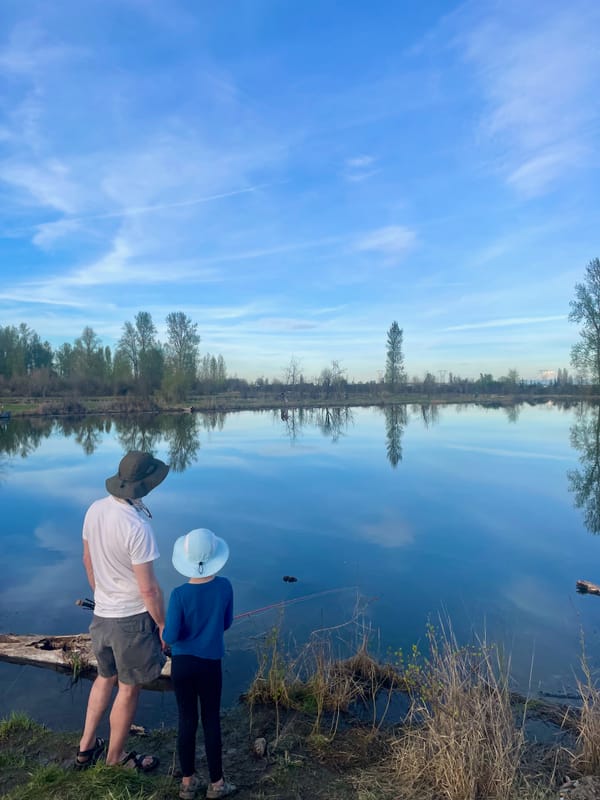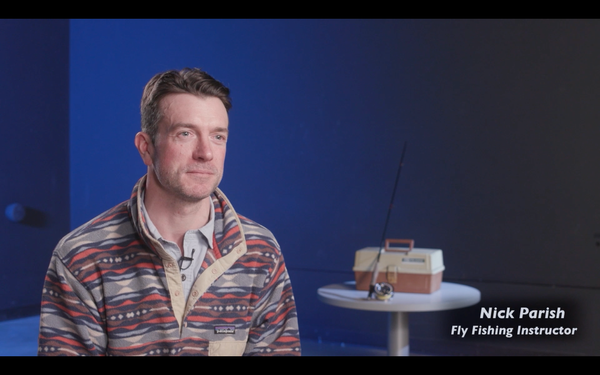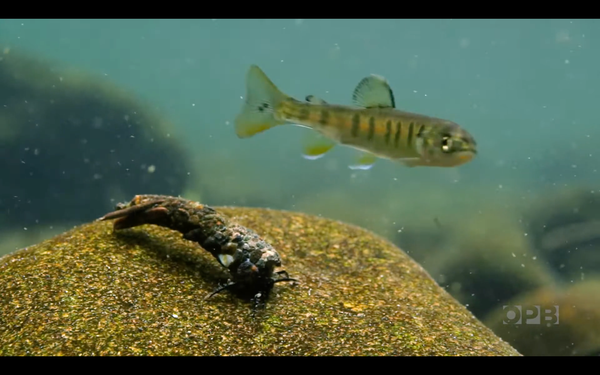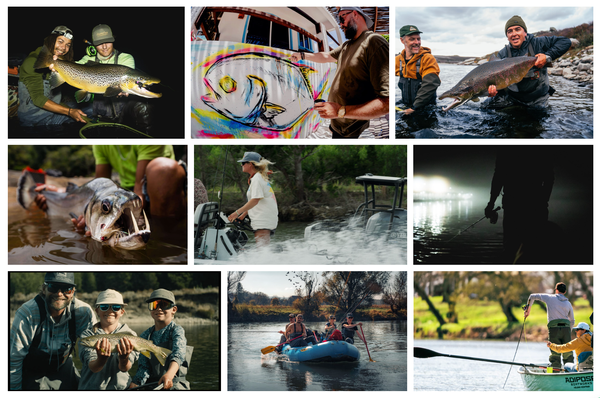Fly fishing and problem solving
Moving beyond the engineering mindset, and trying to embrace frustration as a key function of learning
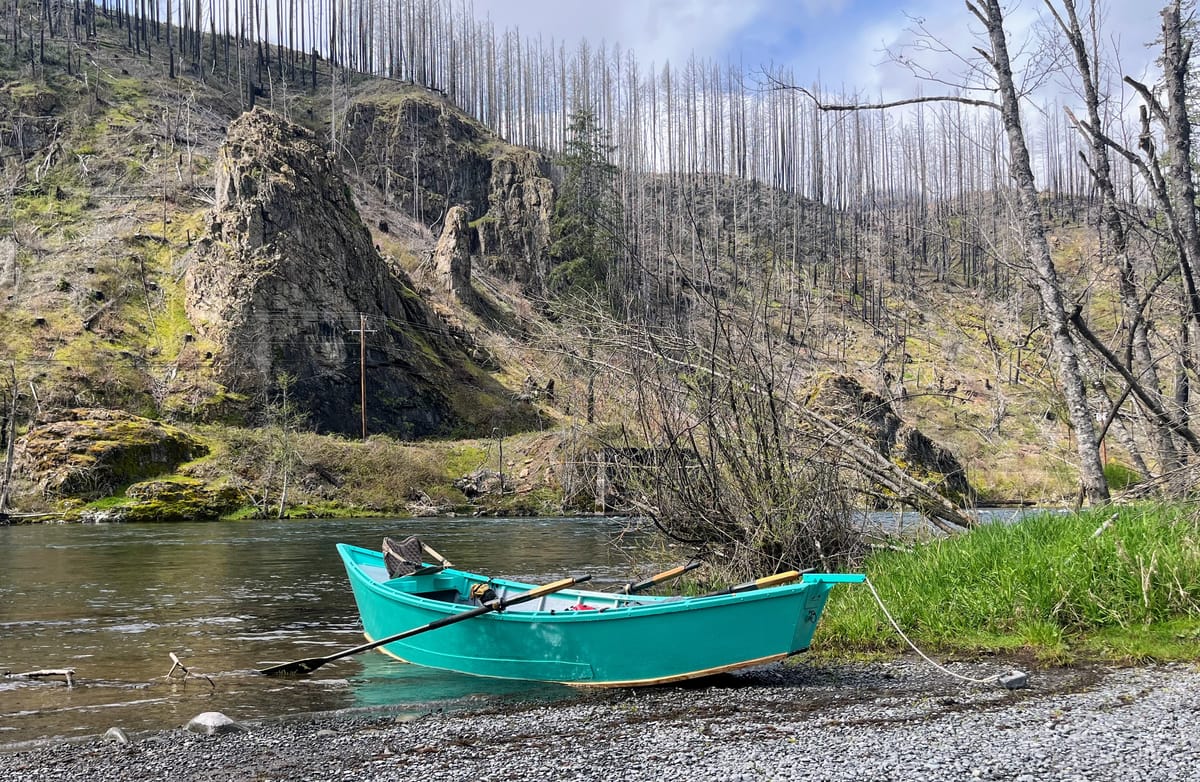

I am the proud owner of an old wooden drift boat. She's of the McKenzie style, a style initiated and perfected here in the Willamette Valley in the early 20th Century, now known the world over as world-class vehicles for finding fish while running big rivers.
This particular boat is of murky origins. At some point in the transfer process its former caretaker may have mentioned the guy who gave it to him knew. I can guess based on all her design features and flaws she was probably built by a local craftsperson sometime in the '70s or '80s.
I'll save the full story of what it means to be conferred an antique wooden boat and all its burdens for another day.
Today I want to talk about problem solving.
Ship of fools
Suffice to say an antique wooden drift boat requires regular maintenance.
As her new owner, my role is also chief engineer. Figuring out what's wrong. And of all that wrong stuff, what's most wrong.
Typically, most-wrong is safety-critical stuff. Like, the boat is filling up with water from underneath. (Not the kind that falls from the sky most of the time here.)
Less wrong are the particular bits that comes from use. Preferences. "Not quite how I want it." The rowing balance is off. It's not sitting on the trailer right. The guest seat won't slide. There's no fancy built-in rotomolded cooler or cupholders.
The boat is currently up on a pair of jack stands in my backyard. An encounter with a shallow shoal on the Deschutes a couple weeks back roughed up her underside.
Or, it may have been the new winch tower on the trailer stressing the ancient piece of epoxy-covered plywood in a new and unique way. Whatever the root cause, this new issue was realized on a Juneteenth pleasure cruise when we immediately began taking on water.
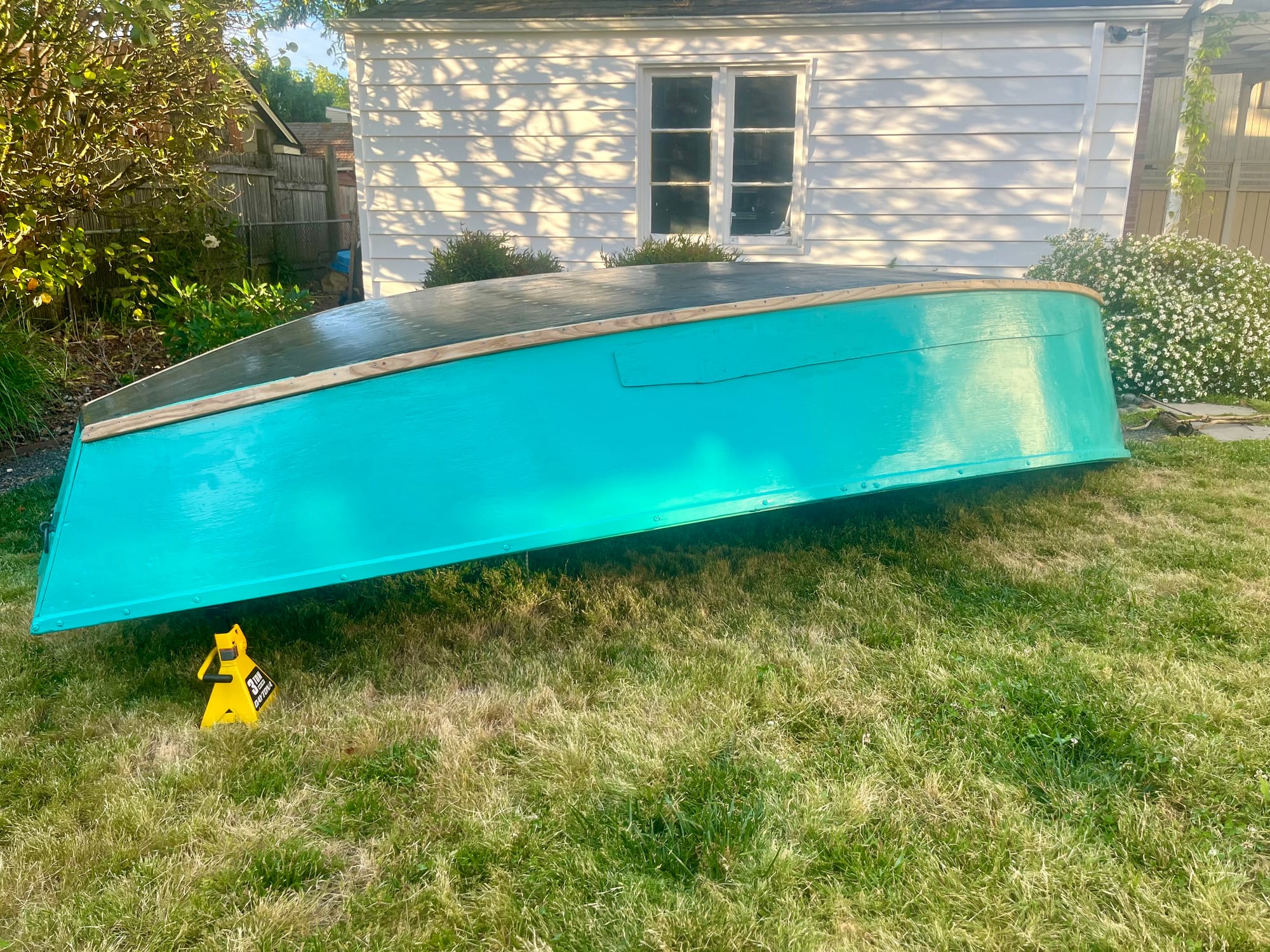
Short circuits
When I encounter boat problems, my first response is frustration. Pervasive discontent. All fun goals become sidelined. My mind goes to lessening the pain and discomfort of a broken tool.
And the only way to lessen the pain is to figure out what the problem is, and start working on solutions. My precision epoxy-application skills continue to grow. As do my on-board fantasy technical design fabrications of a bailing device based on a USB-powered camping water pump.
For the beginner fly angler, the situation is the same. There are myriad frustrations arising from immersing yourself in rushing water and flailing hooks around on hair-thin lines with lightweight, fragile rods. Finding, assessing, solving, and dispatching these problems becomes second nature, automatic, as you gain experience.
But until then, it can be a real drag.

Are Your Lights On?
Fly fishing is not engineering. To me it is a spiritual practice. But, fly fishing attracts engineering-minded folks. Why?
- There are arcane specifications to grok: rods, lines, leaders, tippet, etc.
- Some folks just love to solve a puzzle. They pursue puzzles wherever they can.
- Nature is the ultimate puzzle. Alignment with it satisfies on an elemental level.
Are Your Lights On is one of my all-time favorite books in this "zengineering" vein. It was originally published in 1982, and written by two systems engineers, Donald C. Gause and Gerald M. Weinberg.
The book takes a Socratic-style reductive route to understanding problem solving, with a series of cartoonish business vignettes and comic illustrations.
It's peppered with ideas that can be applied to any sort of problem, and ladders up from nifty little assessment exercises into speculating on what problems may fundamentally be.
Here are a few of the book's problem-solving aphorisms applied to common beginner fly fishing challenges:
"Think of three reasons it won't work"
- There are no fish
- Everything is tangled
- The fly is stuck in a tree branch behind me
"Each solution is the source of the next problem"
- My fly is freed from the branch, I can now cast again
- I cut out the enormous tangle from casting poorly; let's try a streamer
- My streamer spooked the pod of fish because it was bigger than them
"The trickiest part of certain problems is just recognizing their existence"
- Hey, a cool otter / eagle / osprey! Why are there no fish here?
As a beginner, these analytical puzzles stack up, compound, and can get incredibly daunting. But principles emerge. Shortcuts. Ways of doing and being. They become part of your own personal reasons to fish.
Your kinesthetic skills—casting, wading, tying knots—evolve with these shortcuts. Roll cast when it's a brushy bank. Keep your rod tip up when you have a fish on.
So will your more psychological, awareness-based skills. Swallow are out, what bugs are hatching? It's hot, the fish aren't cooperating, let's take a nap.
Maybe one day you decide it's OK that the osprey are keeping the fish down, watching them is pretty entertaining in itself.
Eventually (not really a spoiler if you're following the analogy here) in Are Your Lights On?, as experience accrues the problem-solving routine becomes more and more inward-focused.
Ultimately, in the book, and maybe on the water, we wind up in a similar place. To paraphrase Kierkegaard's most pillow-embroiderable cliché, Fly fishing is not a problem to be solved, but a feeling to be pursued.
Thoughts aligning
At some point today I will wet sand my epoxy filler to keep the dust from clogging the sandpaper. Then I'll add another coat of graphite-enhanced epoxy to complete the boat bottom fix. Each stroke of the sandpaper reminds me the work outside fishing, the work to enable the fishing, brings me closer to the fishing, and makes those boat trips more special.
When I'm done with the bottom, I'll flip the boat and get it back on the trailer, paying special attention to the stresses the new winch tower puts on the structure. I know the boat will need repairs again soon, but she's stood the test of time so far, and as long as my patience holds out there isn't anything we can't fix.
Then it's time to get ready for our Intro to Fly Fishing class this week. Arrange my notes. Tie some flies.
Each one will have the power to catch a new angler their first fish on a fly. They might be tiny fish. Little bluegills. But those first bent rods will have a powerful effect.
More importantly, each fly will have the power to get stuck in a bush, tangled in tippet, embedded in a series of problems and solutions through which a new angler will find their way.

Upcoming classes
Summer classes start this week. We have a single spot open for the Clackamas watershed fly fishing outing, if you're a more experienced angler who has their own gear.
You can find more info on classes here. Spread the word if you know anyone who should take either course.
More classes will be offered in the Fall term, in September.


